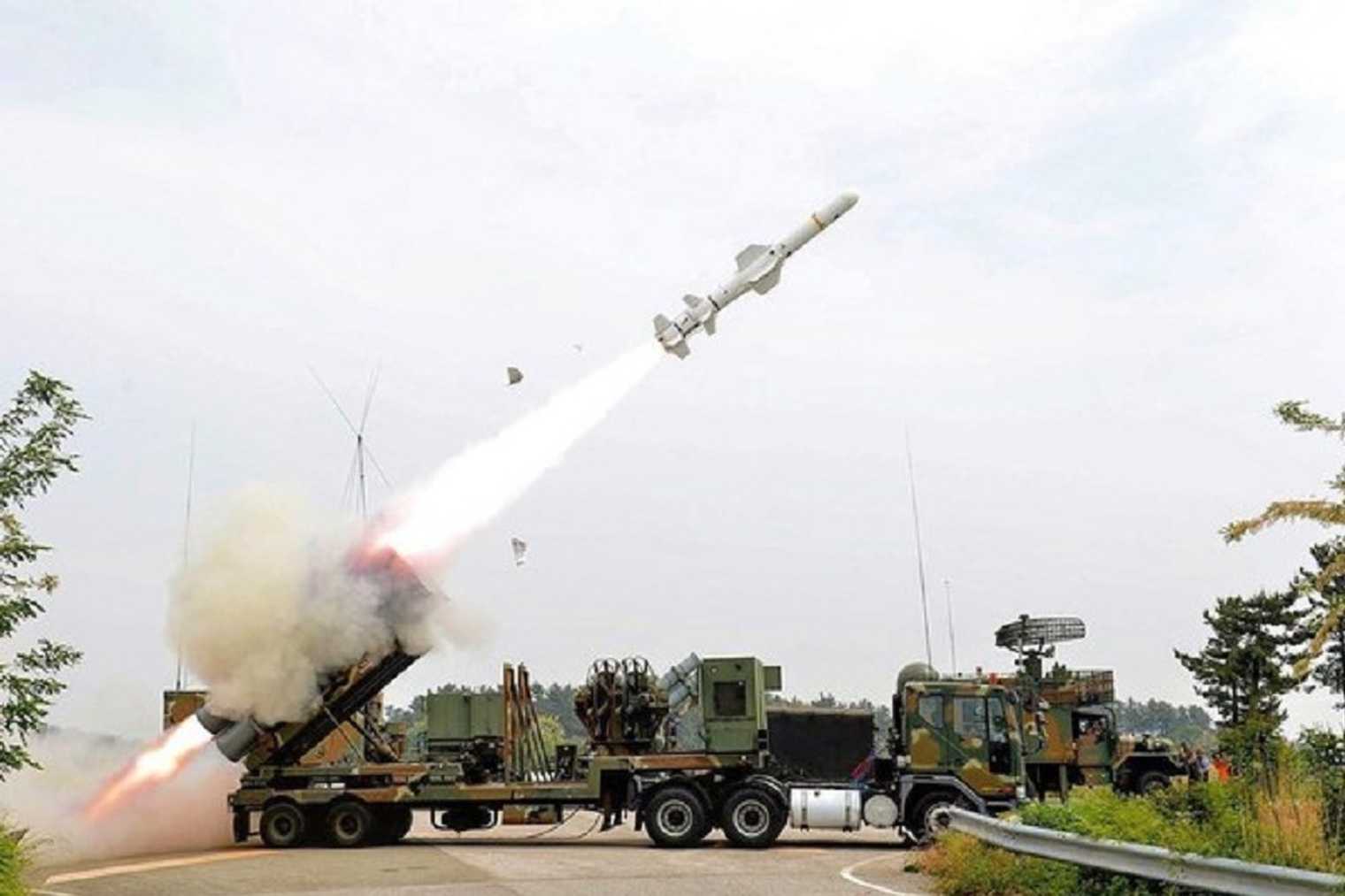The U.S. State Department has made a determination approving a possible Foreign Military Sale to the Taipei Economic and Cultural Representative Office in the United States of AGM-84L-1 Harpoon Block II Missiles and related equipment for an estimated cost of $355 million. The Taipei Economic and Cultural Representative Office in the United States (TECRO) has requested to buy sixty (60) AGM-84L-1 Harpoon Block II missiles and four (4) ATM-84L-1 Harpoon Block II exercise missiles. Also included are Harpoon Guidance Control Units (GCUs); Harpoon Radar Seekers; Harpoon Radar Altimeters; Harpoon Captive Air Test Missiles (CATMs); containers; spare/repair parts; support/test equipment; publications/technical documentation; training equipment and other related elements of logistics support. The principal contractor will be Boeing Company, St. Louis, MO. The recipient has requested offsets.
The Harpoon is an all-weather, over-the-horizon, anti-ship missile developed and manufactured by McDonnell Douglas (now Boeing Defense, Space & Security). The AGM-84E Standoff Land Attack Missile (SLAM) and later AGM-84H/K SLAM-ER (Standoff Land Attack Missile – Expanded Response) are cruise missile variants. In production at Boeing facilities in Saint Charles, Missouri, is the Harpoon Block II, intended to offer an expanded engagement envelope, enhanced resistance to electronic countermeasures and improved targeting. Specifically, the Harpoon was initially designed as an open-ocean weapon. The key improvements of the Harpoon Block II are obtained by incorporating the inertial measurement unit from the Joint Direct Attack Munition program, and the software, computer, Global Positioning System (GPS)/inertial navigation system and GPS antenna/receiver from the SLAM Expanded Response (SLAM-ER), an upgrade to the SLAM.

At least 339 Harpoon missiles were sold to the Republic of China Air Force (Taiwan) for its F-16 A/B Block 20 fleet and the Taiwanese Navy, which operates four guided-missile destroyers and eight guided-missile frigates with the capability of carrying the Harpoon, including the eight former U.S. Navy Knox-class frigates and the four former USN Kidd-class destroyers which have been sold to Taiwan. Taiwan has also bought 60 AGM-84L Block-2 missiles to arm its F-16A combat aircraft under a separate $90 million deal. In October 2020, the U.S. State Department approved a possible Foreign Military Sale (FMS) to Taiwan of up to 100 RGM-84L-4 Harpoon Coastal Defense Systems and related equipment for an estimated cost of $2.37 billion.
Boeing will produce Harpoon anti-ship system equipment for Taiwan to fulfill a foreign military sales (FMS) requirement under a $498.3 million order from the U.S. Naval Air Systems Command. Taiwan has requested to buy up to one hundred (100) Harpoon Coastal Defense Systems (HCDS) consisting of up to four hundred (400) RGM-84L-4 Harpoon Block II Surface Launched Missiles; and four (4) RTM-84L-4 Harpoon Block II Exercise Missiles. The Harpoon Coastal Defense System Launch System (HCDS) is the land-based version of the Boeing Harpoon missile Block II anti-ship and land-attack missile, which is designed to eliminate enemy coastal defenses, surface-to-air missile launch sites, aircraft, ports, and docked ships. HCDS consists of RGM-84L-4 Block II surface-launched Harpoon missiles with a maximum range of 75 miles, radar trucks, and support and test equipment.











